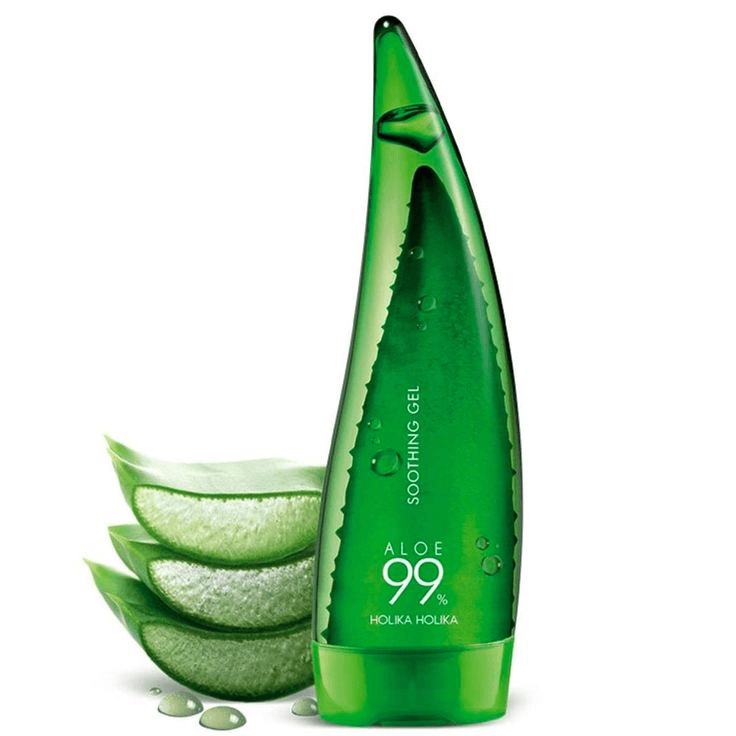Top 7 Hydrating Skincare Ingredients For Glowing Skin in 2025
Top 7 Hydrating Skincare Ingredients for Glowing Skin in 2025
Looking for the best hydrating skincare ingredients to boost your glow in 2025? Whether your skin is dry, oily, or combination, using the right hydrating agents can help you achieve radiant, plump, and healthy-looking skin all year round.
This guide breaks down the top 7 moisture-boosting ingredients that are recommended by dermatologists and beauty experts. Plus, we’ll share tips on how to build a complete daily moisturizing skincare routine for optimal results.
1. Hyaluronic Acid — The Ultimate Moisture Magnet
Hyaluronic acid (HA) holds up to 1000 times its weight in water. It penetrates the skin to attract and retain moisture, giving you visibly plump and supple skin.
- Benefits: Reduces fine lines, boosts elasticity, and suits all skin types.
- How to use: Apply HA serum before your moisturizer for best absorption.
2. Glycerin — Nature’s Humectant

Glycerin is a powerful humectant that draws water into the skin and keeps it hydrated longer. It’s gentle, non-irritating, and great for daily use.
- Benefits: Maintains moisture balance and soothes dry patches.
- How to use: Use a toner or moisturizer with glycerin after cleansing.
3. Ceramides — Skin’s Natural Barrier Boosters
Ceramides are lipids that make up the skin’s natural barrier. They seal in moisture and protect the skin from environmental damage.
- Benefits: Repairs damaged skin, ideal for eczema or dry skin.
- How to use: Apply ceramide-rich creams or lotions morning and night.
4. Aloe Vera — Soothing Hydration with Antioxidants
Aloe vera is a natural hydrator and anti-inflammatory ingredient that cools, soothes, and moisturizes skin, especially after sun exposure.
- Benefits: Calms redness, hydrates deeply, rich in antioxidants.
- How to use: Apply as a gel or in a soothing mask 2–3 times a week.
5. Squalane — Lightweight Oil for Lasting Moisture
Squalane is a non-comedogenic oil that mimics your skin’s natural sebum. It hydrates and balances oil without clogging pores.
- Benefits: Locks in moisture, improves texture, ideal for oily skin types.
- How to use: Use 2–3 drops after serums and before heavier creams.
6. Panthenol (Vitamin B5) — Repair & Hydrate
Panthenol is a vitamin derivative that binds and holds moisture, promoting soft and elastic skin while reducing irritation.
- Benefits: Improves skin texture and supports healing.
- How to use: Use daily in your morning and evening routine.
7. Honey — Natural Humectant & Antibacterial
Honey is an all-natural ingredient that hydrates, heals, and protects your skin thanks to its antibacterial and antioxidant properties.
- Benefits: Combats acne, moisturizes, and boosts glow.
- How to use: Use raw honey in DIY masks or in moisturizers.
How to Build Your Hydrating Skincare Routine
- Start with a hydrating cleanser to maintain your moisture barrier.
- Apply a glycerin- or aloe vera-based toner.
- Use a serum containing hyaluronic acid or panthenol.
- Follow up with a ceramide or squalane moisturizer.
- Use hydrating face masks weekly (e.g., honey, aloe).
- Finish with a broad-spectrum sunscreen every morning.
Final Hydration Tips
- Drink at least 8 glasses of water daily for hydrated skin from within.
- Use lukewarm water instead of hot while cleansing.
- Avoid alcohol-based products that strip moisture.
- Layer skincare from thinnest to thickest consistency.
- Use a humidifier during dry seasons or in air-conditioned rooms.
FAQs About Hydrating Skincare Ingredients
1. Can I use hyaluronic acid if I have oily skin?
Yes, hyaluronic acid is perfect for oily skin as it hydrates without adding excess oil or clogging pores.
2. How often should I use hydrating products?
Use them twice daily — morning and night — as part of your regular skincare routine.
3. Can I layer multiple hydrating ingredients?
Yes, layering hyaluronic acid, glycerin, and ceramides is effective. Just follow the correct order: light to heavy.
4. Are these ingredients safe for sensitive skin?
Most are gentle, but always patch-test new products. Aloe vera, panthenol, and ceramides are particularly calming for sensitive skin.
5. Is hydration important in summer?
Absolutely! Hydration keeps skin balanced and protects it from sun-induced dryness.
Start using these powerful hydrating ingredients today to reveal smoother, more radiant skin in 2025.

















Comments
Post a Comment
Write Your Valuable Review